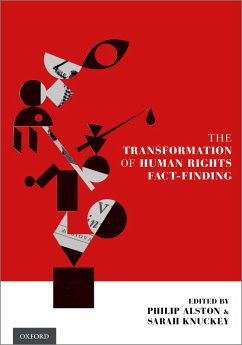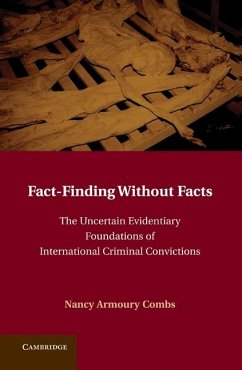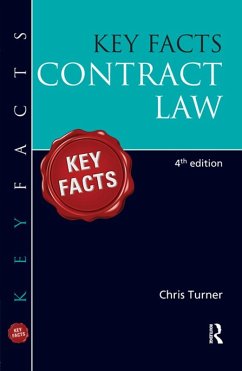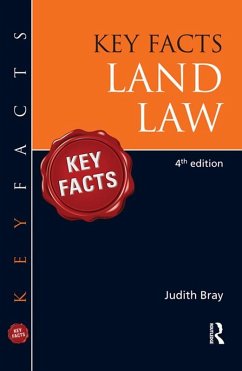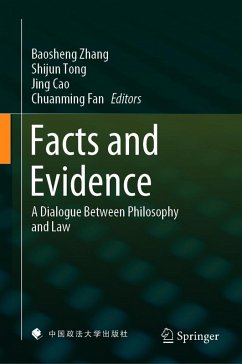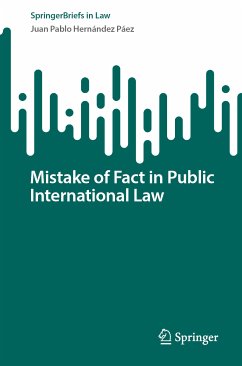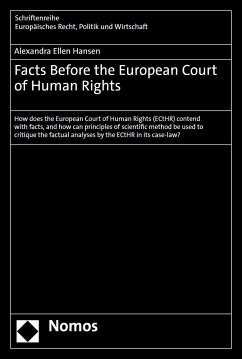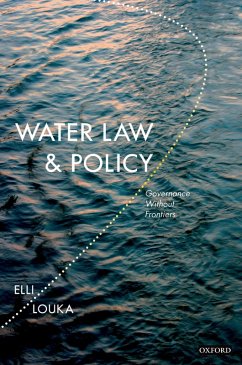
Fact-Finding without Facts (eBook, PDF)
The Uncertain Evidentiary Foundations of International Criminal Convictions
Versandkostenfrei!
Sofort per Download lieferbar
32,95 €
inkl. MwSt.
Weitere Ausgaben:

PAYBACK Punkte
16 °P sammeln!
Fact-Finding Without Facts explores international criminal fact-finding - empirically, conceptually, and normatively. After reviewing thousands of pages of transcripts from various international criminal tribunals, the author reveals that international criminal trials are beset by numerous and severe fact-finding impediments that substantially impair the tribunals' ability to determine who did what to whom. These fact-finding impediments have heretofore received virtually no publicity, let alone scholarly treatment, and they are deeply troubling not only because they raise grave concerns about...
Fact-Finding Without Facts explores international criminal fact-finding - empirically, conceptually, and normatively. After reviewing thousands of pages of transcripts from various international criminal tribunals, the author reveals that international criminal trials are beset by numerous and severe fact-finding impediments that substantially impair the tribunals' ability to determine who did what to whom. These fact-finding impediments have heretofore received virtually no publicity, let alone scholarly treatment, and they are deeply troubling not only because they raise grave concerns about the accuracy of the judgments currently being issued but because they can be expected to similarly impair the next generation of international trials that will be held at the International Criminal Court. After setting forth her empirical findings, the author considers their conceptual and normative implications. The author concludes that international criminal tribunals purport a fact-finding competence that they do not possess and, as a consequence, base their judgments on a less precise, more amorphous method of fact-finding than they publicly acknowledge.
Dieser Download kann aus rechtlichen Gründen nur mit Rechnungsadresse in A, B, BG, CY, CZ, D, DK, EW, E, FIN, F, GR, HR, H, IRL, I, LT, L, LR, M, NL, PL, P, R, S, SLO, SK ausgeliefert werden.





